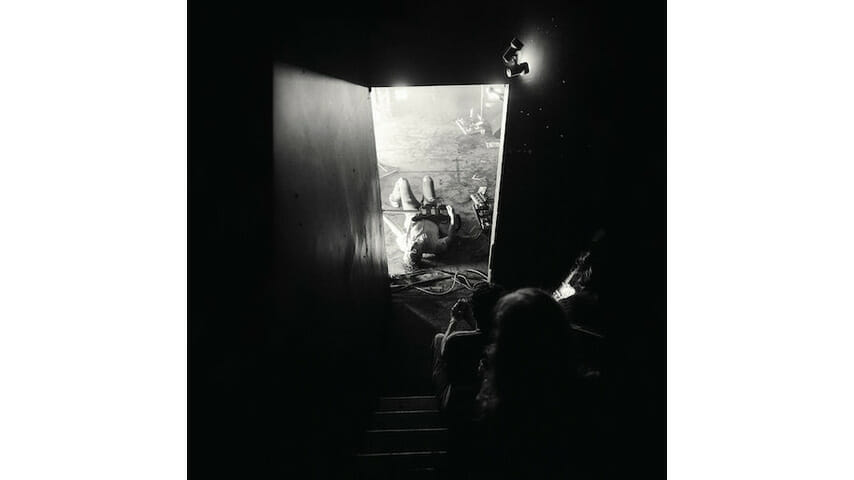METZ: Automat

As the familiar cries of “rock is dead” keep getting louder, groups like METZ give us cause to question whether the genre’s diminished presence at the upper echelons of popularity actually affects things on the ground. METZ, a post-punk/noise-rock trio from Toronto, essentially owe their existence to a crop of classic experimental acts—Big Black, Swans, The Jesus Lizard, etc.—who each operated in a commercial ecosystem that marginalized them arguably as much as today’s marketplace supposedly disadvantages guitar-based rock bands. Back then, it was laughable to imagine that anyone who sounded like METZ could come close to a major hit, even if they scored a major-label deal.
So what does it matter what’s left of that market share now, when it was slim to begin with for artists of METZ’s persuasion? In all likelihood, not much—provided we keep getting artists willing to re-invent the guitar-bass-drums formula in ways that are unrecognizable, even hideous and deformed, to previous generations of rock fans.
As we see on the new rarities compilation Automat, METZ were actually closer to that point when they released their first three seven-inches between 2009 and 2010 (before they hooked up with Holy Fuck’s Graham Walsh and, later, studio legend Steve Albini to sit at the recording console). Sequenced here in chronological order, those seven-inches, along with the odds and ends that follow, document the progression of a band getting less imaginative over time.
-

-

-

-

-

-

-

-

-

-

-

-

-

-

-

-

-

-

-

-

-

-

-

-

-

-

-

-

-

-

-

-

-

-

-

-

-

-

-

-








































